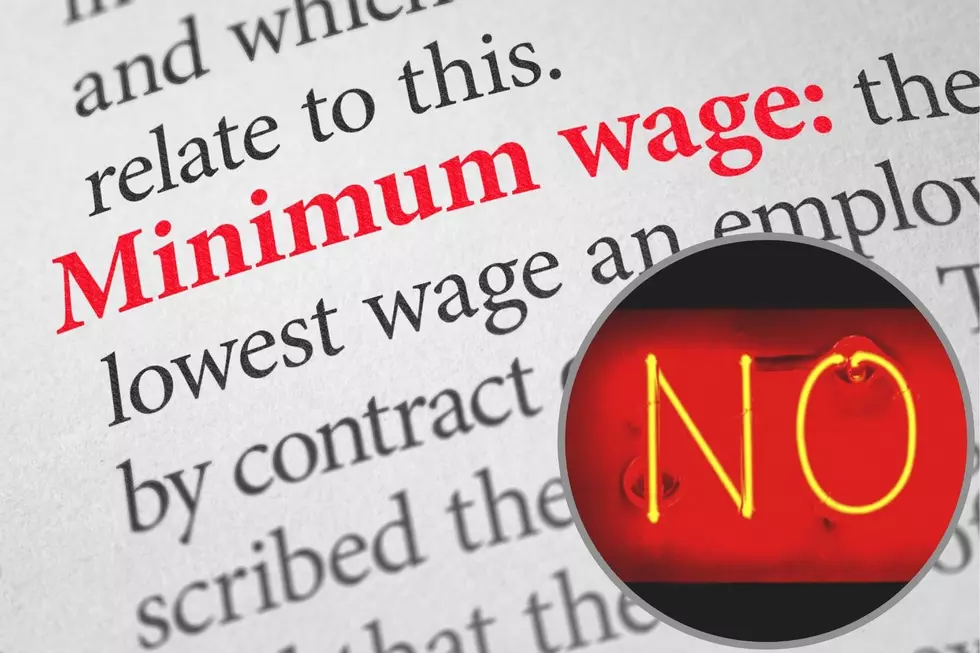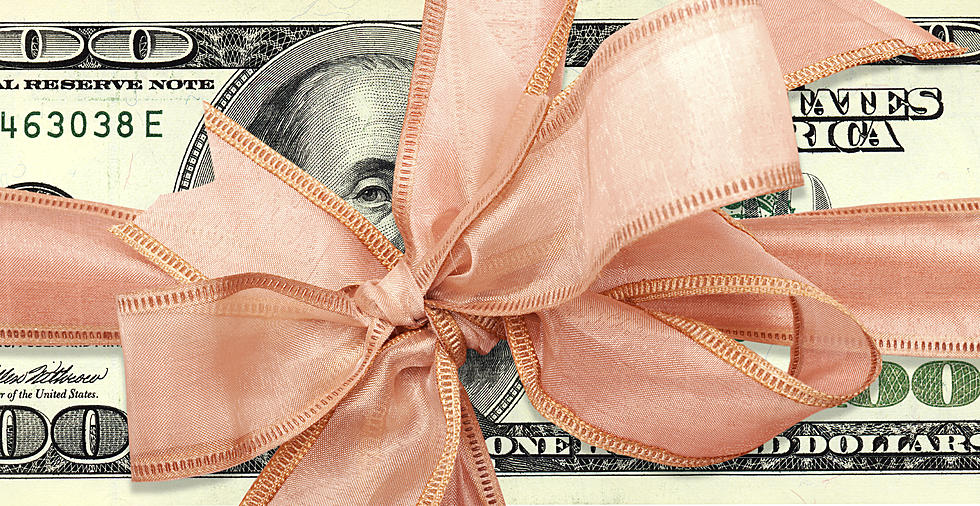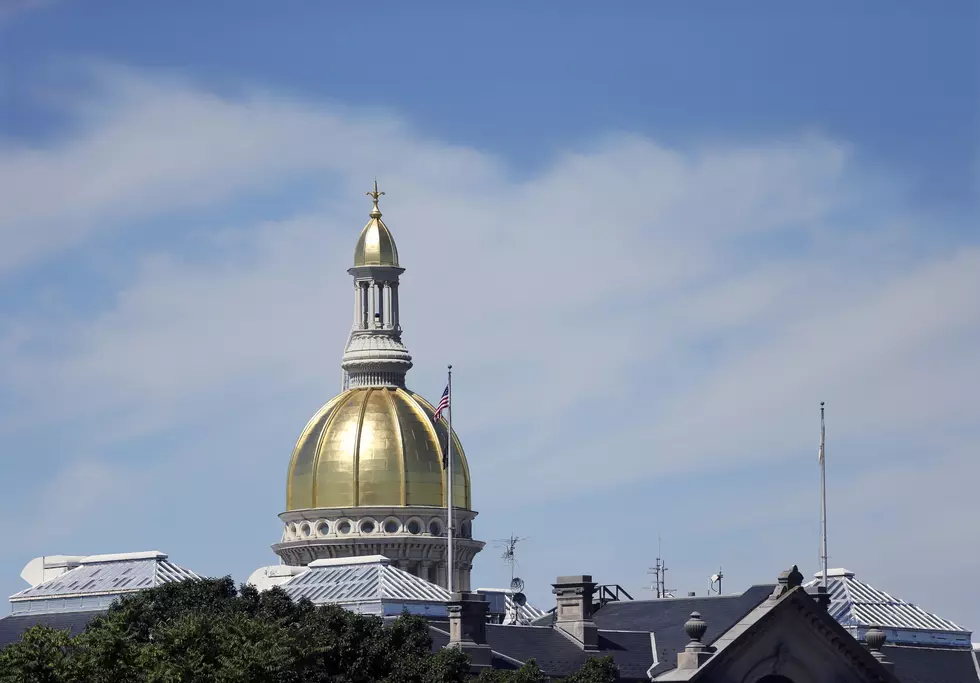
A $15 minimum wage would help 1 in 4 workers in N.J., report says
Increasing New Jersey’s minimum wage to $15 an hour would help a lot more workers than just burger flippers and teenagers at summer jobs.
A minimum-wage hike would mean raises for nearly one in four workers in the state, or about 975,000 people, according to a report released Wednesday by New Jersey Policy Perspective analyzing data compiled by the Economic Policy Institute.
The report also found:
- Just 9 percent of those affected would be teenagers, or 84,000.
- Sixty-one percent, or 590,000, hold full-time jobs of 35 hours a week or more.
- Twenty-eight percent, or 277,000, are parents; indeed, just over one of every five New Jersey children have a parent paid a small enough amount to be impacted.
- Almost half of them, or 462,000, attended or graduated from college.
"This report’s really about making sure people understand what the demographics of minimum wage workers are and understand that it’s not teenage burger flippers, it’s adults with responsibilities who have put in hard work and need to be paid properly for that work,” said NJPP policy analyst Brandon McKoy.
The report says more than half the workers in service occupations would get a raise, as would 45 percent of retail-industry workers and 48 percent of workers in the leisure and hospitality industry.
“People, I think, underestimate how many workers are in those types of jobs and in those types of sectors. And there’s quite a lot,” McKoy said.
The 975,000 people affected might actually be a conservative underestimate.
First off, it includes people currently being paid $13.16 an hour or less, not $15 an hour. The report attempts to project future inflation. McKoy said 36 percent of workers in New Jersey already are paid $15 an hour or less.
Additionally, the estimate doesn’t take into account the impact on someone being paid a little more than minimum wage. That person will want a raise, too, said Michael Egenton, executive vice president for government relations for the New Jersey State Chamber of Commerce, which opposes the increase.
“If $15 were to become a reality, the individual that you might have hired two years ago that’s making $18.40 is going to come into the employer and say, ‘I know where minimum wage is now, I’m going to need a bump up as well.’ So it has that domino effect,” Egenton said.
McKoy said “it’s fair to assume” that other workers would benefit indirectly.
“Sure. Usually when you increase wages, there’s an effect up the ladder, as well. It helps boost the wages of people above what the wage floor would be set at,” McKoy said.
Egenton said most of its members pay more than the minimum wage. He added that the $15 figure understates the impact on an employer, whose costs for a $15 an hour worker are closer to $23 an hour once it pays taxes for workers compensation, unemployment insurance and temporary disability.
He said employers would put off hiring people, reduce hours or modify benefits to absorb the hike.
“And of course it’s death by a thousand cuts,” Egenton said. “The employer community right now is dealing with rising health care costs. We’re dealing with a looming proposed mandated paid sick leave. And now we’re talking about a $15 minimum wage. It’s not the one issue isolated in and of itself, but it’s all these issues that are lined up that impact the business community.”
New Jersey lawmakers are expected to debate a $15 minimum wage this spring.
A plan agreed to by Senate President Stephen Sweeney and Assembly Speaker Vincent Prieto calls for increasing the minimum wage, which is currently $8.38 an hour, to $10.10 an hour immediately, followed by annual increases through 2021 of $1 plus the rate of inflation.
Lawmakers intend to send the increase to Christie in a bill that the governor is certain to veto. The Democratic majority would then move to ask voters to approve the change through a constitutional amendment that, because it lacks the support of 60 percent of lawmakers, wouldn’t make the ballot until 2017.
New Jersey voters approved a constitutional amendment in 2013 that raised the minimum wage by $1 to $8.25 an hour and added annual inflation adjustments. But because inflation has been low, that has added just 13 cents an hour to the minimum wage to date.
Michael Symons has covered the Statehouse since 2000. He can be reached at michael.symons@townsquaremedia.com or @MichaelSymons_ on Twitter.
More From New Jersey 101.5 FM









